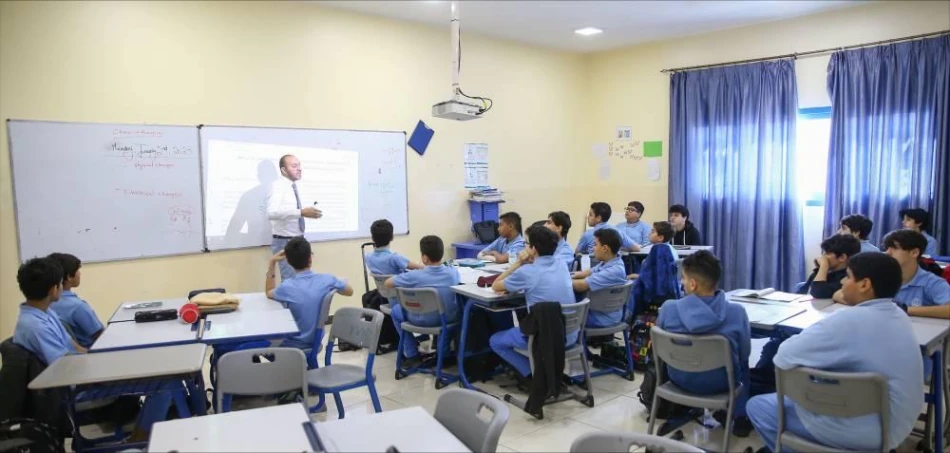
Abu Dhabi 'Know-How': Tuition Refund for Rejected Student Applications
Abu Dhabi Tightens School Fee Regulations with New Transparency Requirements
Abu Dhabi's Department of Education and Knowledge has introduced comprehensive fee regulations requiring all schools to publish approved fee schedules on their websites starting from the 2025-2026 academic year. The new policy mandates greater transparency in payment structures while establishing clear refund mechanisms to protect parents from arbitrary charges and financial penalties.
Mandatory Fee Transparency Takes Center Stage
Under the new regulations, schools must display their complete fee structure—stamped and approved by the Department—on their official websites before the first semester of the 2025-2026 academic year. This move represents a significant shift toward educational transparency in one of the Middle East's most competitive private school markets.
The policy requires schools to operate within fee levels exclusively approved by the Department, effectively ending the practice of unregulated fee setting that has long characterized the region's education sector.
Comprehensive Refund Framework Protects Parents
Registration Fee Protections
Schools must now provide full registration fee refunds in specific circumstances: when they cannot accommodate students due to capacity constraints, when issuing formal "inability to accommodate" notices, or when parents provide written notice at least two weeks before the academic year begins.
However, schools retain the right to keep registration fees for students enrolled in the previous academic year who fail to attend the following year without proper notification.
Structured Payment Plans
The new framework mandates that schools offer detailed payment schedules published on their websites. Schools can collect the first installment up to one month before the academic year starts, but must structure fees into at least three equal payments—with options for 3, 4, or 10 installments throughout the academic year.
Graduated Refund System Based on Attendance
The Department has established a tiered refund system that correlates fee retention with actual attendance:
Minimal attendance: For students attending part of the first week then leaving without written notice, schools may retain registration fees up to 5% of annual tuition.
Short-term attendance: Students attending 1-3 weeks allow schools to retain one month's fees, while 3-6 weeks of attendance permits retention of two months' fees.
Extended attendance: Students attending more than six weeks result in schools keeping the entire semester's fees.
Prohibited Practices and Financial Safeguards
The regulations explicitly ban several common practices that have historically burdened parents. Schools cannot request or accept financial guarantees as alternatives to fee payments, nor can they demand advance deposits, application fees, or first-time registration fees before actual enrollment.
Transportation fees must be refunded if students don't utilize bus services, preventing schools from bundling mandatory charges for unused services.
Market Impact and Regional Context
These regulations position Abu Dhabi alongside other Gulf states implementing stricter educational oversight. The UAE's broader education sector has seen increased government intervention as authorities balance private school profitability with accessibility concerns for expatriate families who comprise the majority of private school enrollment.
The policy particularly impacts Abu Dhabi's premium international school segment, where annual fees often exceed $20,000. By mandating transparent fee structures and refund policies, the Department aims to prevent the arbitrary fee increases that have historically outpaced inflation and salary growth in the region.
Strategic Implications for Education Investment
The Department frames these measures as investment promotion tools, arguing that clear regulatory frameworks attract serious educational operators while deterring opportunistic players. The policy suggests Abu Dhabi is prioritizing sustainable education sector growth over rapid expansion.
For parents, these regulations provide unprecedented protection against common disputes over registration fees and mid-year withdrawals. The standardized refund framework eliminates much of the negotiating leverage schools previously held over families facing job relocations or other circumstances requiring student transfers.
The emphasis on accommodating "different segments of society" signals government recognition that education costs have become prohibitive for middle-income expatriate families, potentially affecting Abu Dhabi's attractiveness as a regional business hub.
Most Viewed News

 Omar Rahman
Omar Rahman






